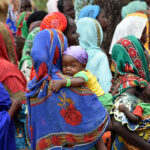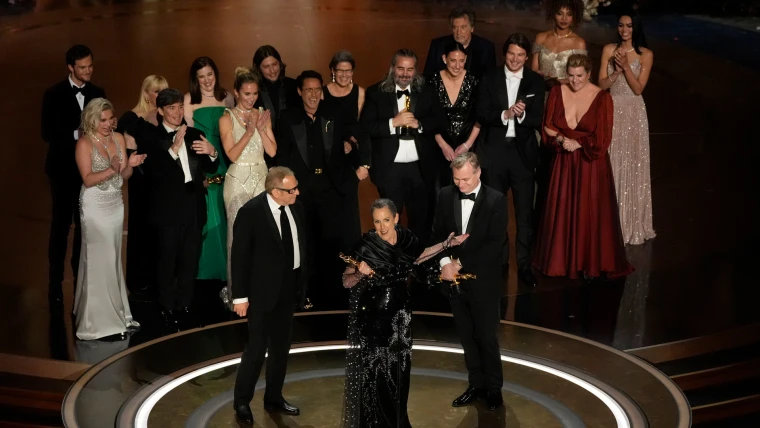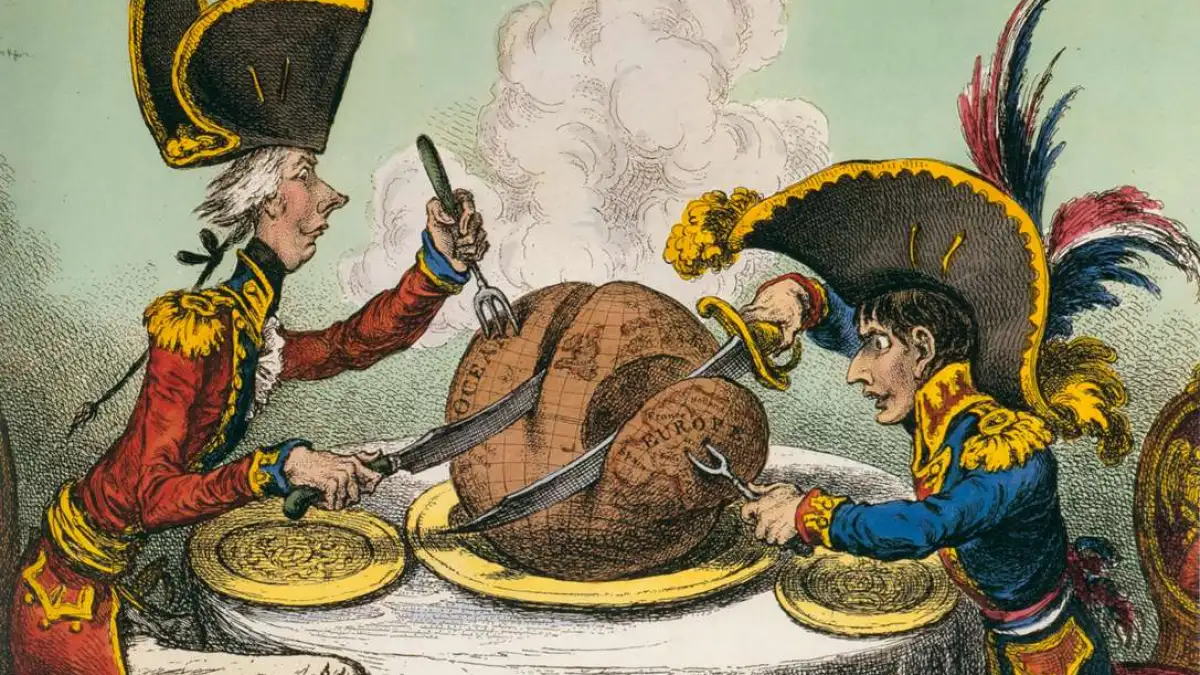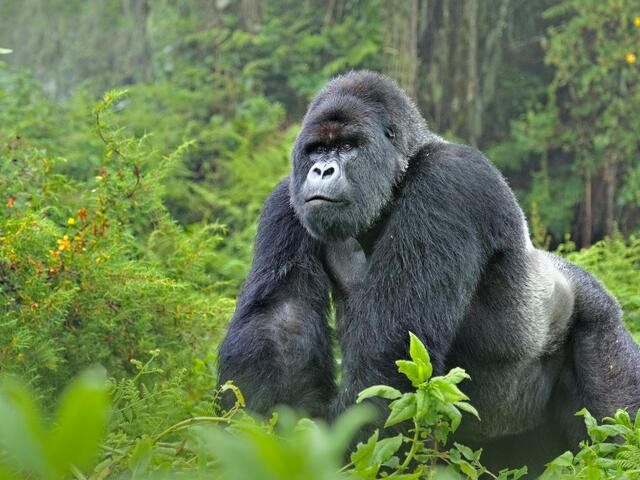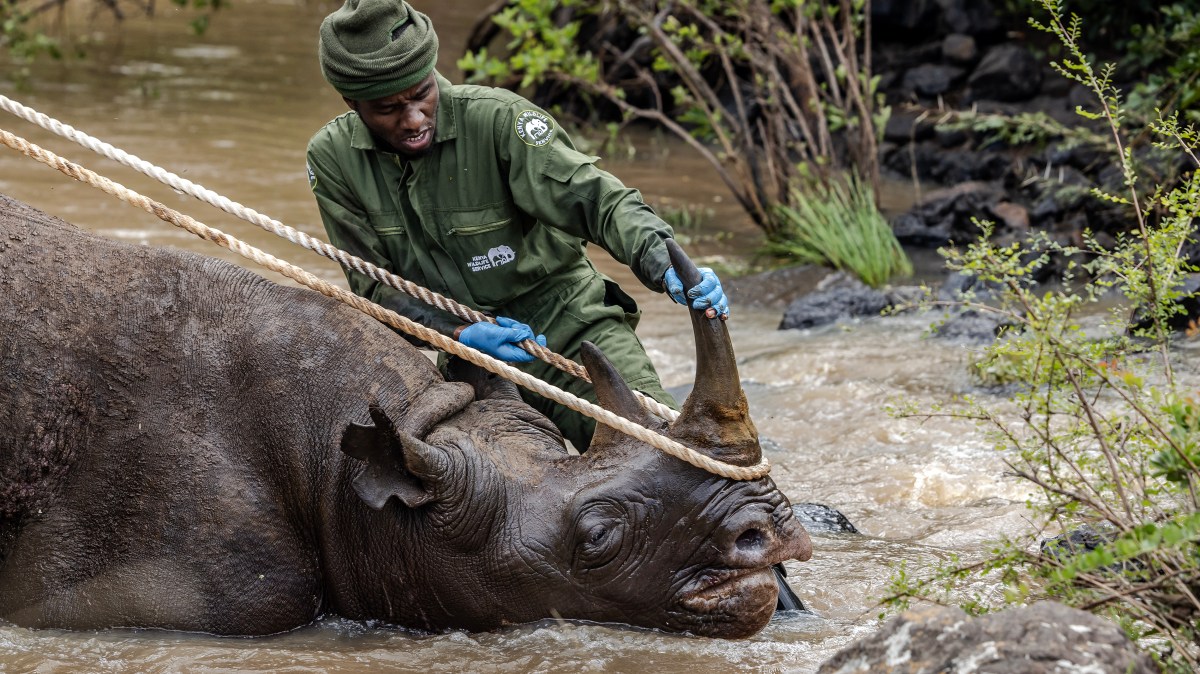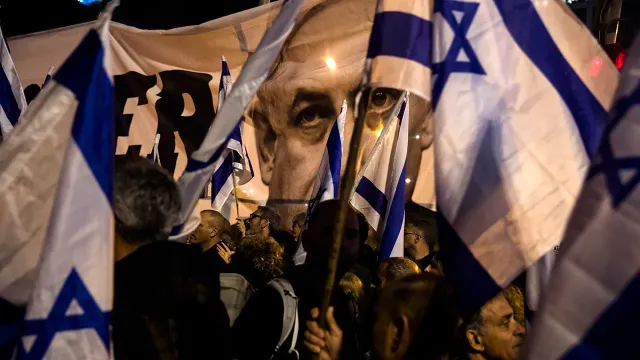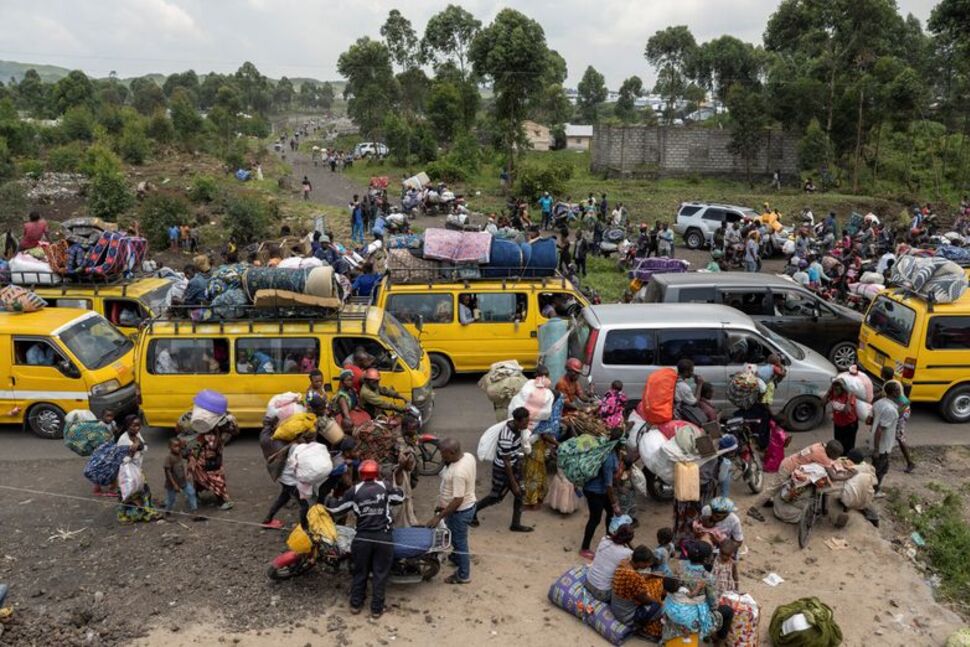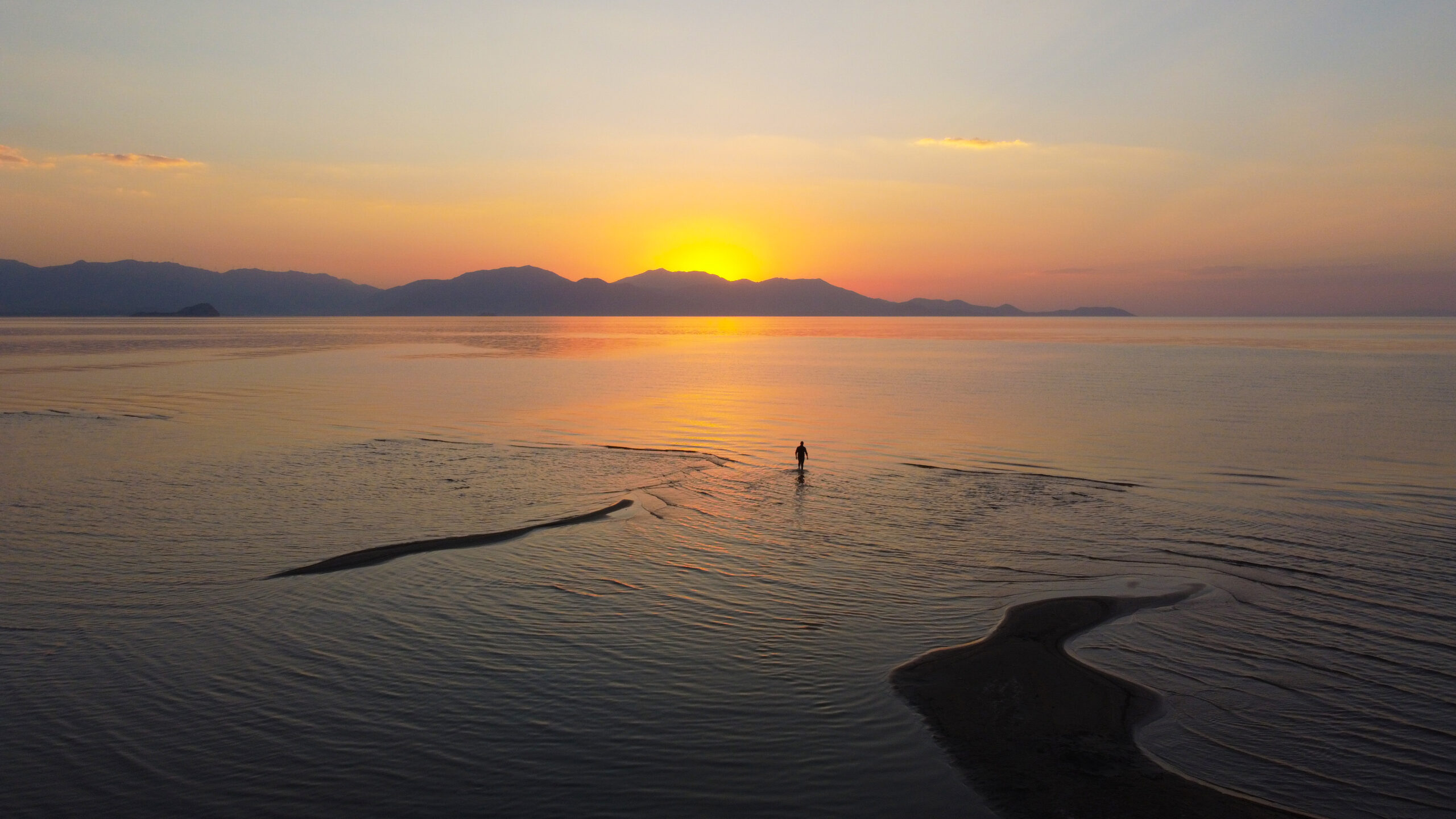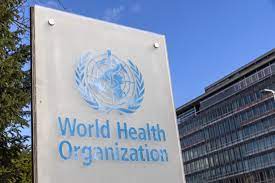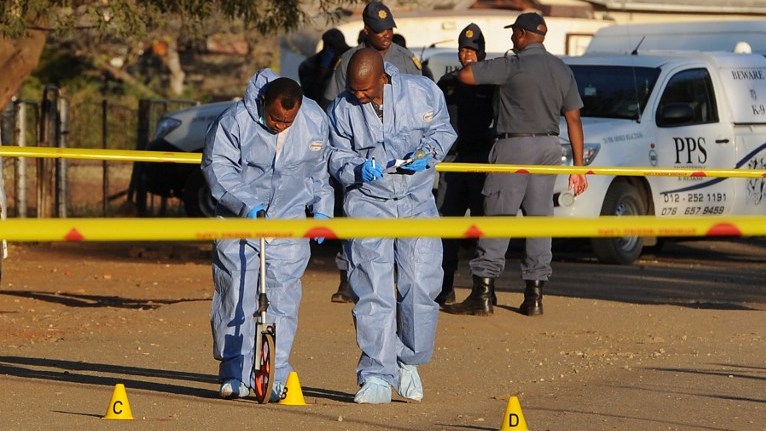Oppenheimer dominates 96th Academy Awards, winning 7 Oscars
Atomic bomb film takes home grand prize for Best Picture
Colon cancer rates rising 2% in every year in people under age 50
Cancer doctors are concerned about an alarming increase in colorectal cancers occurring in patients under age 50.
Why arms sales to Israel should be banned?
There are no legal or moral arguments that can justify the continued sale of weapons to Israel by states that respect the principle of the universality of human rights.
Online travel platform Expedia to cut 1,500 jobs
Total pre-tax charges, cash expenditures associated with restructuring expected to be $80 million-$100 million
FIMO 2024 showcases the best of African fashion
The Togo Fashion Week has come to an end, leaving behind an echo of creativity and innovation.
Beyoncé has once again made history
Beyoncé becomes the first black woman to top the country music rankings
Polynesian, Corsican officials blast France for ongoing colonialism
Baku Initiative Group organize news conference ahead of ‘Decolonization: Awakening of the Resistance’ seminar in Istanbul
Nigerian musician commits ₦300 Million for Nigerian orphanages
Grammy-nominated Nigerian musician Davido has announced plans to donate a sum of 300 million naira to orphanages around Nigeria.
First Pan-African Disney+ Series, ‘Iwájú’ to be premiered
Disney+ has collaborated with pan–African studio Kugali Media for a innovative animated series set in futuristic Lagos.
Conservation efforts yield hope for critically endangered gorillas in Africa
The illegal wildlife trade, including poaching and trafficking, poses a grave threat to the species
Kenyan efforts to protect pangolins from extinction
Kenyan scientists and conservationists are intensifying efforts to safeguard these elusive creatures from extinction.
Tech industry vow to combat ‘deceptive AI’ in elections
Companies, including Amazon, Google, Meta, X, OpenAI sign Tech Accord to Combat Deceptive Use of AI in 2024 Elections
OpenAI unveils text-to-video model, Sora
Sora can generate videos up to one minute long while maintaining visual quality, adherence to user’s prompt, says company.
Nearly half of Amazon’s forests in danger of extinction by 2050
Unprecedented stress from warming temperatures, extreme droughts, deforestation and fires’ negatively impacting region, say scientists
Kenya moving rhinos to new home
After an unsuccessful 2018 attempt to translocate black rhinos, Kenya has successfully relocated 21 mammals.
Kenyan company making sustainable textiles out of pineapple waste
As the fashion industry worldwide increasingly embraces more eco-friendly material, an innovative project in Kenya is turning leftover pineapple leaves into footwear.
End of war is end of Netanyahu
Israeli analysts view Netanyahu’s news conference Wednesday as an attempt to impose his stance on members of the War Cabinet
Timeline of events in the DRC
Congo (DRC) is facing a complex and prolonged crisis, with over 15 million children suffering the impacts of armed conflict, hunger, and disease outbreaks
Thousands flee homes as fighting intensifies in Goma
Thousands of people are fleeing their homes in the towns and villages surrounding Goma as clashes between the Congolese army and M23 rebels
Top 10 richest cities in Africa
The report provides a comprehensive review of private wealth in Africa, including trends in high-net-worth individuals.
Meta pushes to label all AI images on Instagram and Facebook
Facebook and Instagram users will start seeing labels on AI-generated images that appear on their social media feeds
Celebrating West Africa’s rich artistic heritage
West African countries are renowned for their mastery of traditional arts
Extinction of world’s largest primate linked to climate change
Gigantopithecus went extinct 215,000 to 295,000 years ago due to climate change
Somali people celebrate rich tradition of Gabay poetry
In the heart of Somali culture, the art of Gabay poetry continues to thrive
Google switches on its first Africa cloud region
Google’s first African cloud region is now up and running in South Africa
WHO: New cancer cases to soar 77% by 2050
There were estimated 20M new cancer cases, 9.7M deaths in 2022, says UN agency’s latest report
Countries with the Highest Criminality rate in Africa
Crime has a global reach, and Africa is not exempt from its impact. The continent grapples with crime rates influenced by socio-economic disparities.



